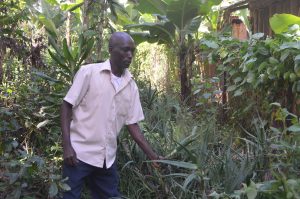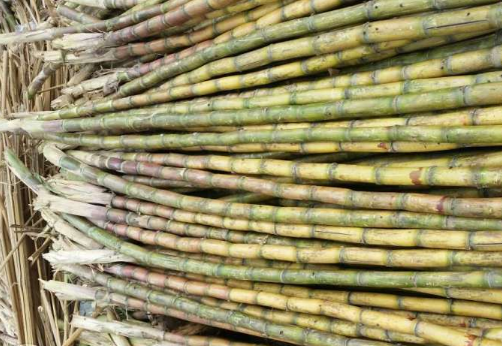Herbalists in Kirinyaga County have called on the government to scale down licensing and medicine testing fees.
Speaking during a meeting at Kerugoya town, the herbalists said they have to spend a lot of money to obtain licensing from the government and also have to pay an annual operation fees to the county government.
“We are required to part with Sh.10, 000 which goes to the government in order to obtain licenses and an extra annual fee of Sh.7, 500 to the county government as operation fees,” said their Chairman Kirinyaga chapter, Darkson Kago.
Kago

further said many of the local herbalist were unable to pay Sh.100, 000 required to have their herbal medicine tested before they are allowed to go into business.
He said the high fee set for testing and approval of the medicine only served to make the herbalist result to administering the herbs without the approval. “We want the fee brought down; the government should come up with a way of assisting the herbalists with such services,” he said
“When I took my herbs to Nairobi University’s Kabete campus for testing and approval, I was asked to pay Sh.100, 000 which according to us is a lot of money,” Kago said.
The chairman said the Kenya Medical Research Institute (KEMRI) also tests their herbs at a higher fee though he had not established how much was charged.
“We were happy to hear that KEMRI was establishing a project in Kirinyaga which would bring a big relief to us here in the county and the entire frontiers at large,” he said adding that they were hopeful that the project would take off and offer the much required laboratory services.
The herbalists also called on residents in the county to embrace herbal treatment since they cure ailments that modern treatment in some instances fail to treat.
“We rely on herbs from the forests and can cure sickness, even though we have no formal training. The practice is passed down to generations from well-known herbalists who train young men interested in the practice,” Kago said.
The traditional medicine men also complained of frequent harassment by chiefs and their assistants, yet they were licensed to carry out their work.
“We face harassment from the chiefs whenever they find us with our clients. The society has not embraced the practice and many residents who visit us come hiding either very early in the morning and late in the evening so that they are not spotted by neighbors,” Kago added.
The herbalists claimed they were active in forest conservation from where they got the herbs to carry on with the practice and in some instances, they plant the curing trees and herbs in their compounds. ”We are very active in conservation of the ecosystem which is the major source of the herbs we use to treat our patients” he said.
Kago said the demand for medicinal plants was increasing as the population grows. The threat posed by over-exploitation of medicinal plants has serious implications on the survival of several plant species, many of which were faced with extinction.
“We are meeting to discuss the challenges in relation to conservation. The high demand for herbal medicines from traditional medical practitioners is a clear indication of the attitude and beliefs of people about the medicines,” he noted.
Joseph Njeru, a member of the association, said it was undisputed that herbal medicines have good values in treating many diseases including infectious diseases and hypertension and that they could save lives of many, particularly in the developing countries.
Njeru said it was the white missionaries who wanted to push their agenda and condemned the practice as ungodly in their practice of opposing native practices.
“I started taking traditional medicine in 1986; we would treat stomachaches by uprooting Sodom apple and eating the root,” said Njeru.
He said herbal medicine is medicine like any other and it was unfortunate the Ministry of Health has not given traditional medicine the attention it deserved.
By Irungu Mwangi




